In a recent appearance on Fox News, boxing legend-turned grill salesman George Foreman explained why he felt Olympic athletes shouldn't use their time in the global spotlight to make political statements or protest.
According to Foreman, it all goes back to the 1968 Mexico City Olympic Games, when U.S. sprinters Tommie Smith and John Carlos donned black gloves and raised their fists in the Black Power Salute.
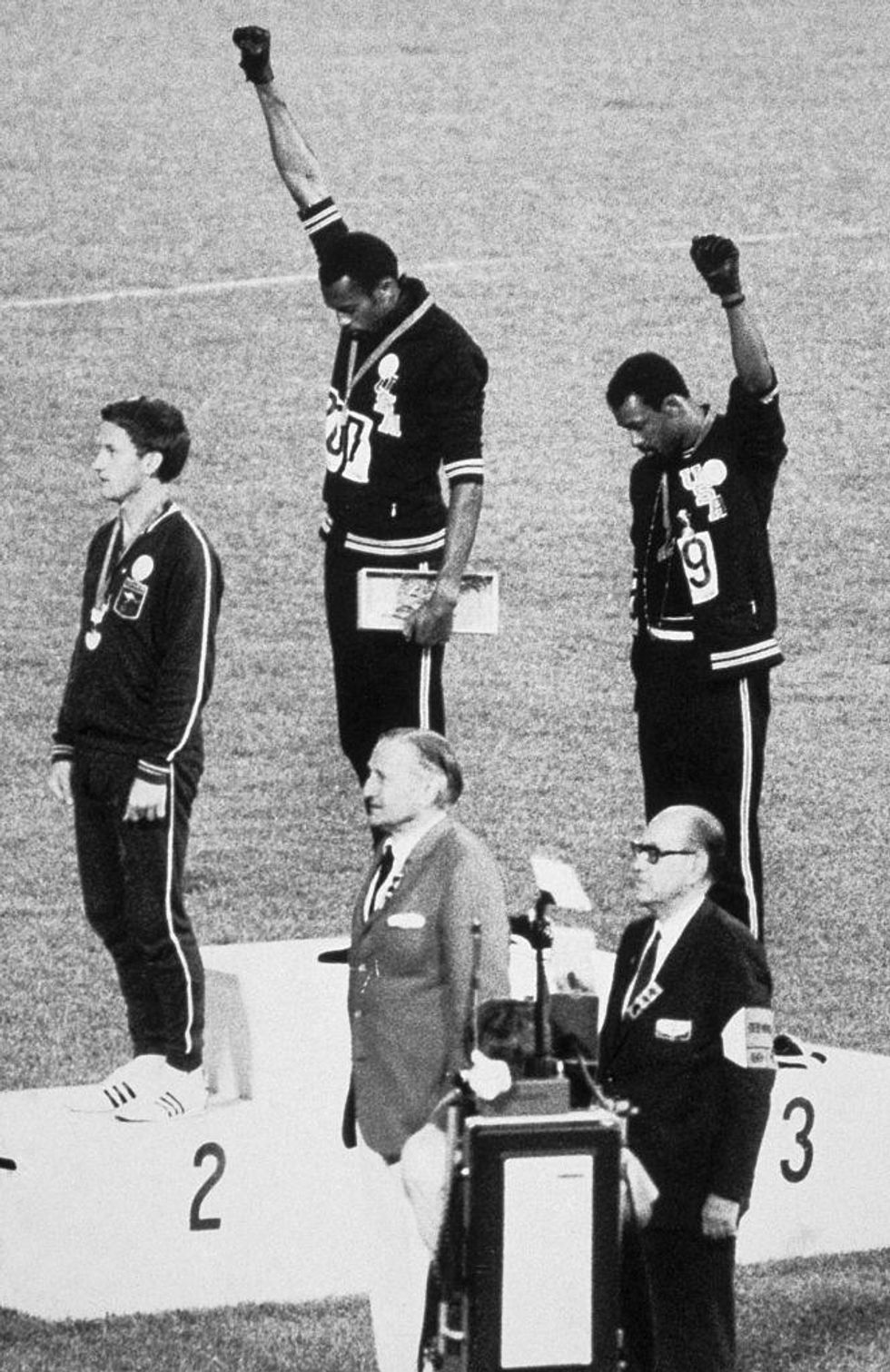
In an interview with Fox News talking head Sean Hannity, Foreman connected that politically charged gesture to the infamous hostage crisis and massacre that occurred four years later at the Munich Olympic Games, when members of a Palestinian terrorist group abducted and killed multiple members of the Israeli Olympic Team.
In his conversation with Hannity about athletes' recent tendency to use their platform to protest issues like police violence and human rights abuses, Foreman, who himself won gold for heavyweight boxing at those same 1968 Mexico City Games, made some leaps of logic.
"No good has ever come out of it,"
"I remember John Carlos and Tommie Smith. I don't know how dedicated they were, but they put on a demonstration that's still talked about. It was so great that the world saw it and they went down to Germany and killed those kids representing Israel."
"That's what demonstration will get you. It shouldn't be in sports — should take it out. Let us go over there and have a good time and stay out of politics because it's a dangerous thing."
Wait a minute, what's George Foreman trying to say here?\n\nIs he suggesting John Carlos and Tommie Smith's demonstration at the 1968 Olympics led to Palestinians killing Israeli athletes in Munich?!?!pic.twitter.com/rPBnejLGjt— Justin Baragona (@Justin Baragona) 1627349760
People who heard about Foreman's comments were confused, to say the least.
Smh George Foreman !https://twitter.com/justinbaragona/status/1419833921622224908\u00a0\u2026— Chronos Caerus (@Chronos Caerus) 1627412879
I don\u2019t understand what he\u2019s talking about.— Cindy Kester (@Cindy Kester) 1627376221
Telling about the issues that Black Americans face in this country daily is not turning their back on America. Bringing to light police brutality in the Black community is not turning your back on America.— Navyboi86 (@Navyboi86) 1626997780
This man George Foreman just said the the John Carlos & Tommie Smith Olympic protest cause Israelis to be killed by Palestinians. Wtf. I guess when the Massa need a house N*gga to come on TV George is the 1st call they make.https://twitter.com/justinbaragona/status/1419833921622224908\u00a0\u2026— IEC Studios (@IEC Studios) 1627445114
He's been punched in the head a lot.— Cthulhu- Not responsible for 2020-21 (@Cthulhu- Not responsible for 2020-21) 1627349841
pic.twitter.com/D2idPlB2Mv— Deven Nunez 'ketchup packets for rural areas' Cow (@Deven Nunez 'ketchup packets for rural areas' Cow) 1627350647
He named 5 of his kids after himself. That pretty much ends my interest in anything he has to say intellectually.— Tracee (@Tracee) 1627350773
Says the guy who got his clock cleaned by the most politically iconic sports figure ever to walk the earth— CastorTroy (@CastorTroy) 1627359805
With the International Olympic Committee announcing slightly relaxed restrictions on athletes' protest demonstrations during the Tokyo games, Foreman had better get used to seeing them for the next couple weeks.

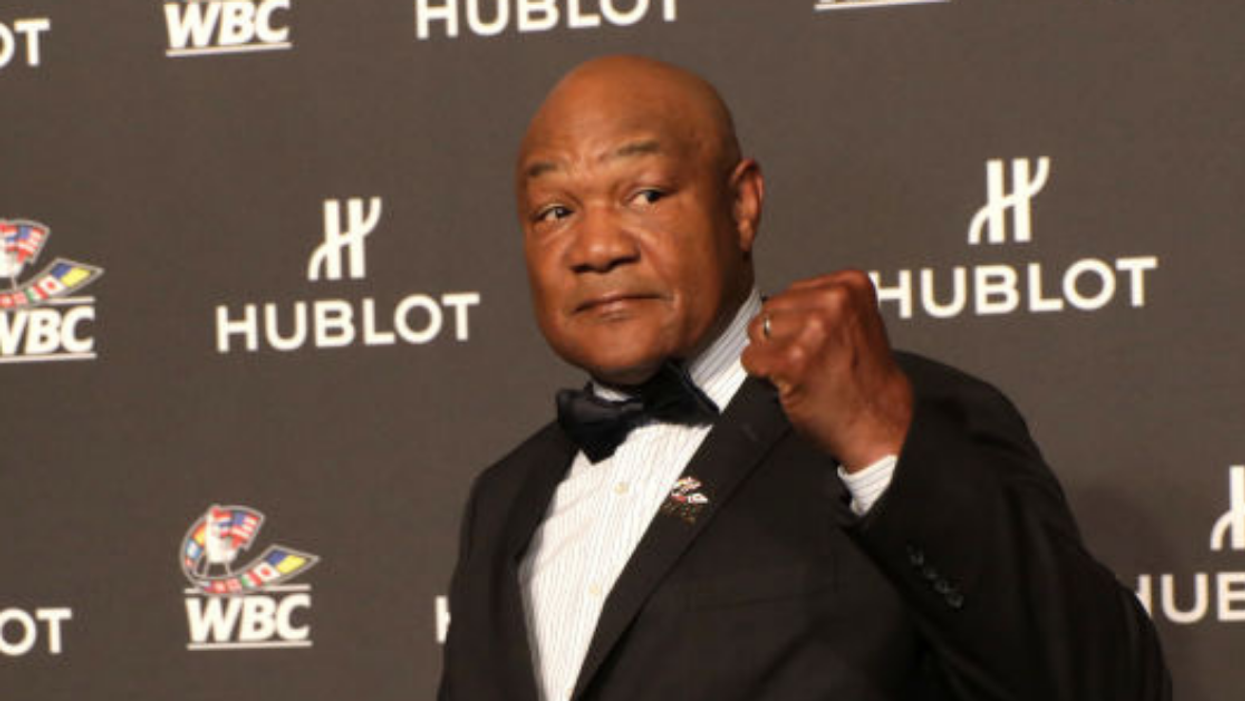



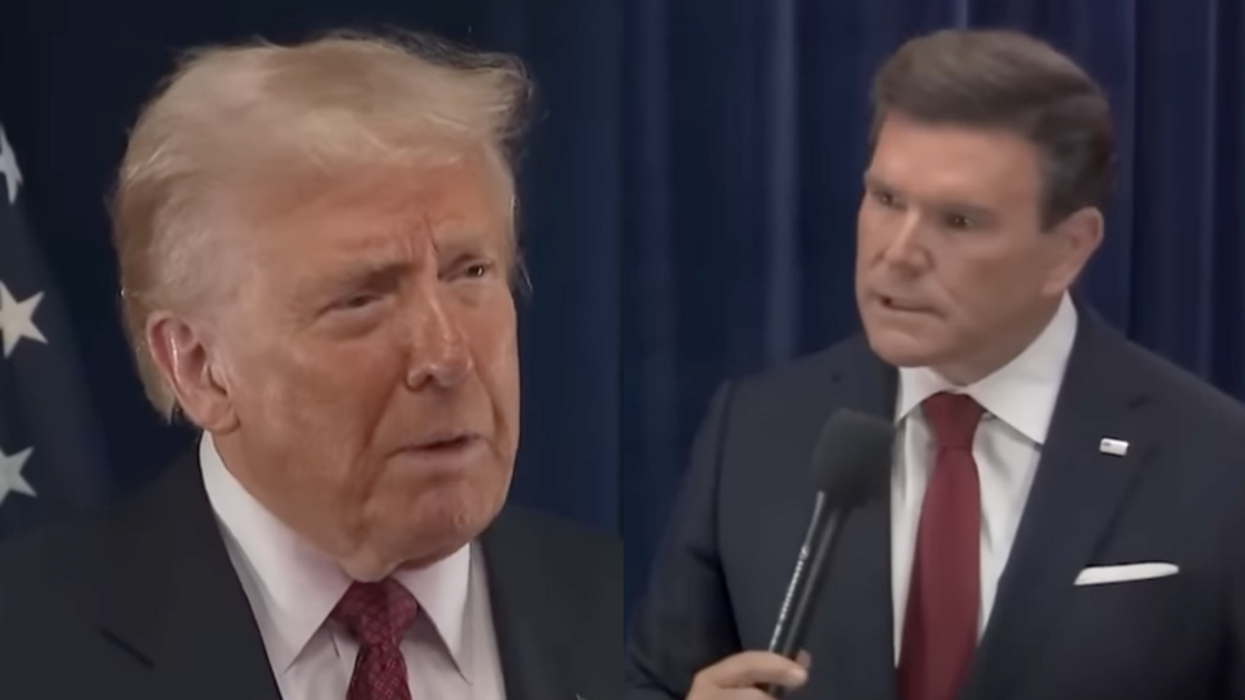

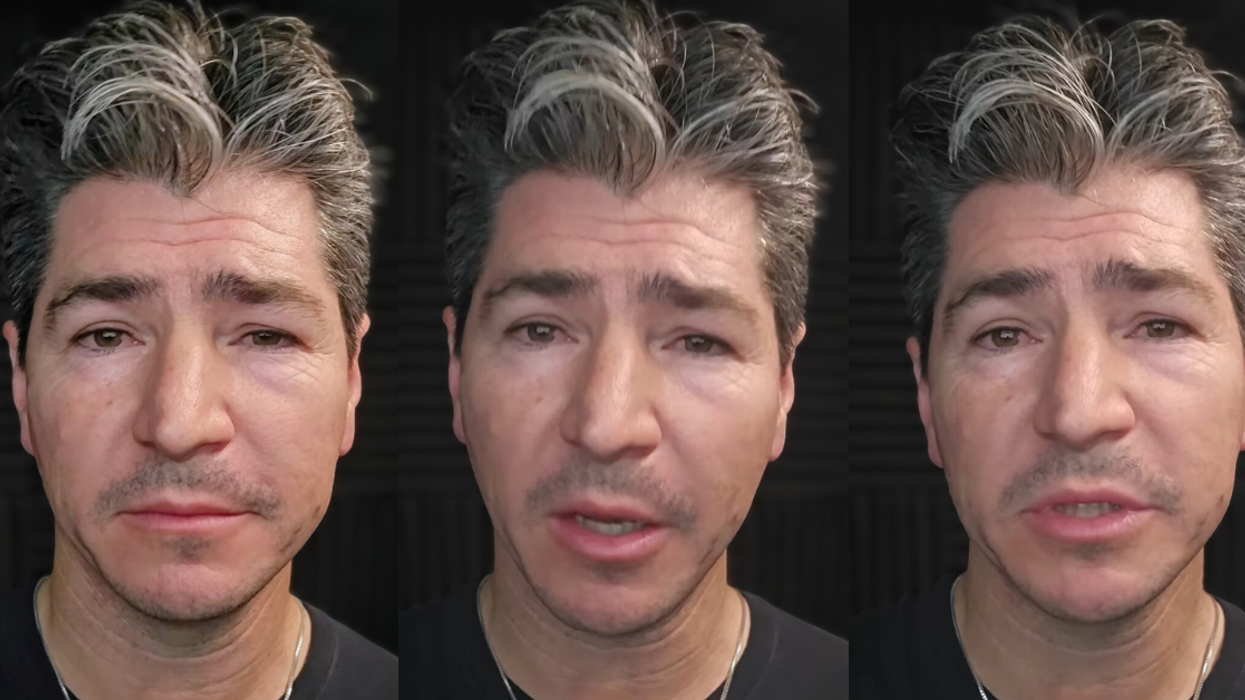
 @reelmfishman/Instagram
@reelmfishman/Instagram @reelmfishman/Instagram
@reelmfishman/Instagram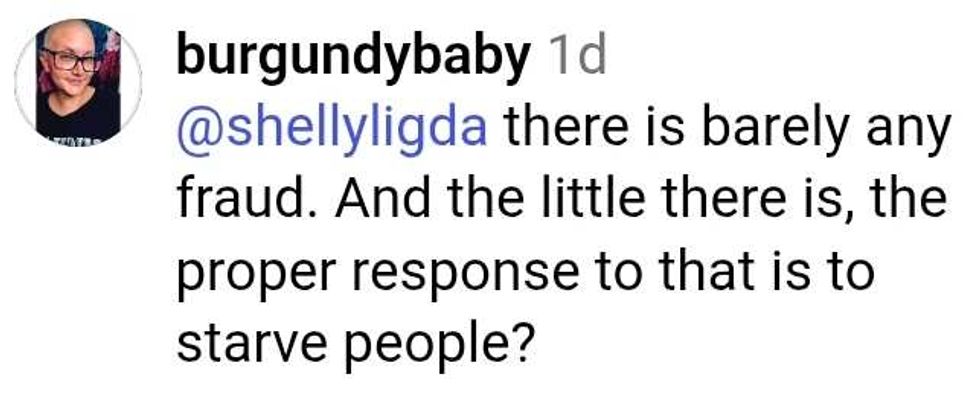 @reelmfishman/Instagram
@reelmfishman/Instagram @reelmfishman/Instagram
@reelmfishman/Instagram @reelmfishman/Instagram
@reelmfishman/Instagram @reelmfishman/Instagram
@reelmfishman/Instagram @reelmfishman/Instagram
@reelmfishman/Instagram @reelmfishman/Instagram
@reelmfishman/Instagram @reelmfishman/Instagram
@reelmfishman/Instagram @reelmfishman/Instagram
@reelmfishman/Instagram @reelmfishman/Instagram
@reelmfishman/Instagram @reelmfishman/Instagram
@reelmfishman/Instagram @reelmfishman/Instagram
@reelmfishman/Instagram @reelmfishman/Instagram
@reelmfishman/Instagram @reelmfishman/Instagram
@reelmfishman/Instagram @reelmfishman/Instagram
@reelmfishman/Instagram @reelmfishman/Instagram
@reelmfishman/Instagram @reelmfishman/Instagram
@reelmfishman/Instagram @reelmfishman/Instagram
@reelmfishman/Instagram @reelmfishman/Instagram
@reelmfishman/Instagram



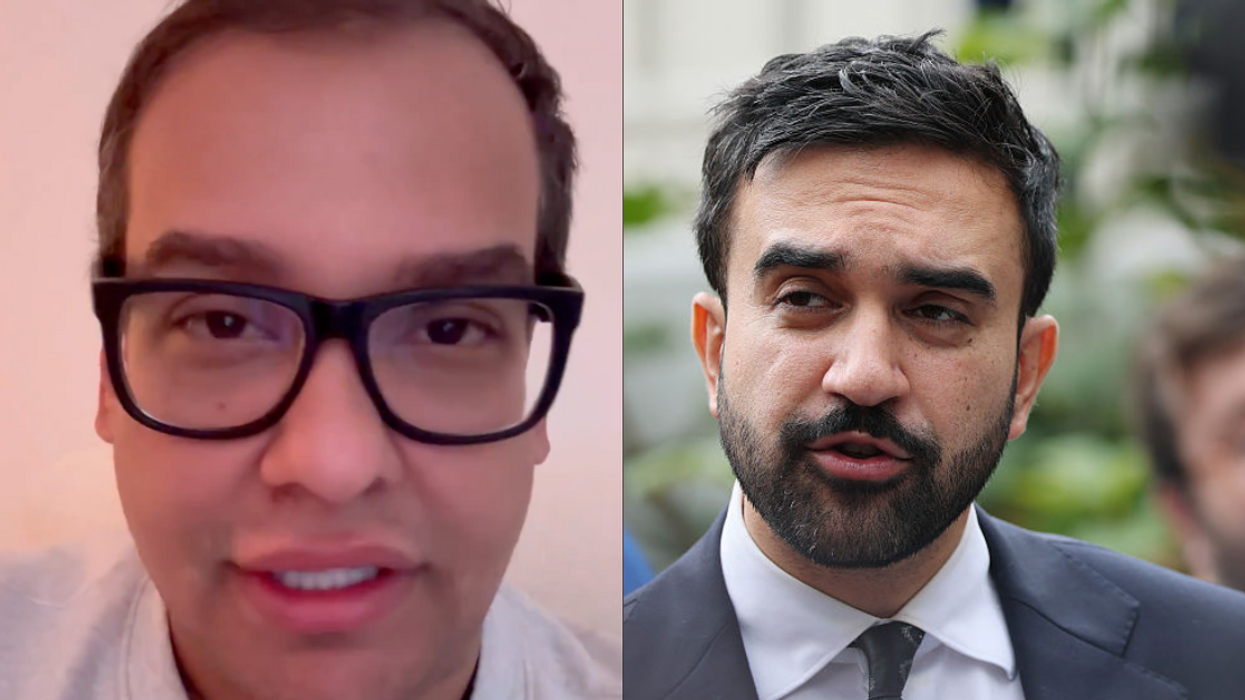
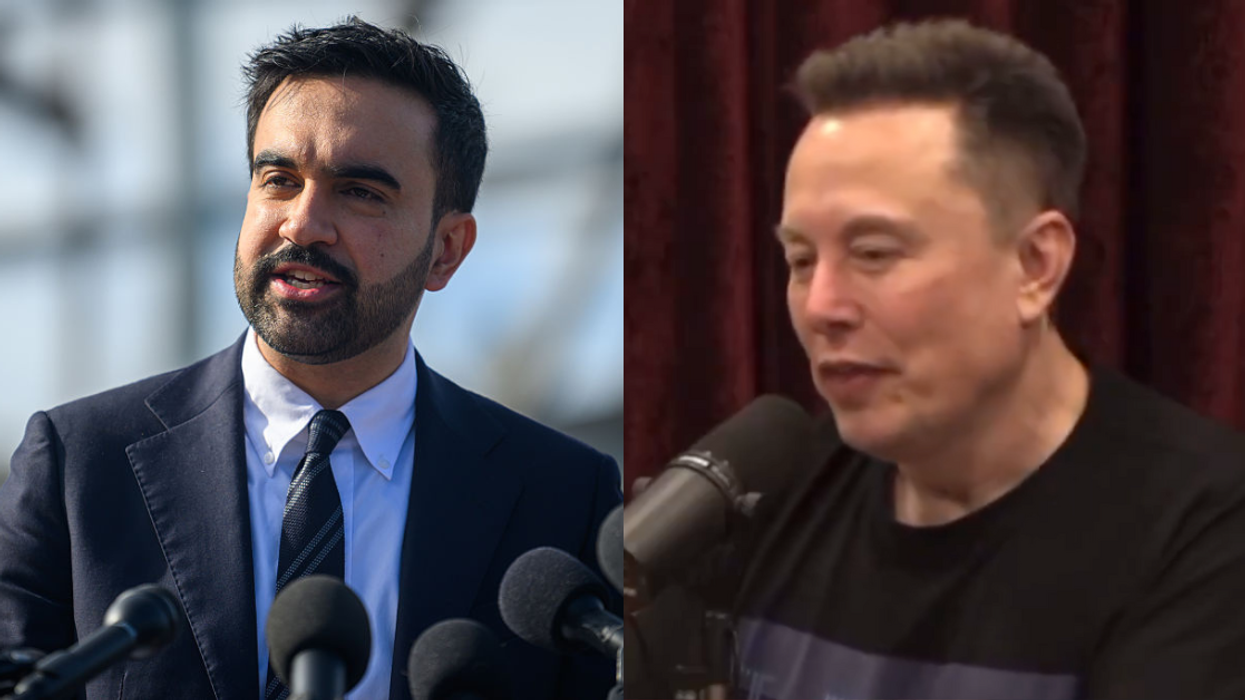

 @TomiLahren/X
@TomiLahren/X
